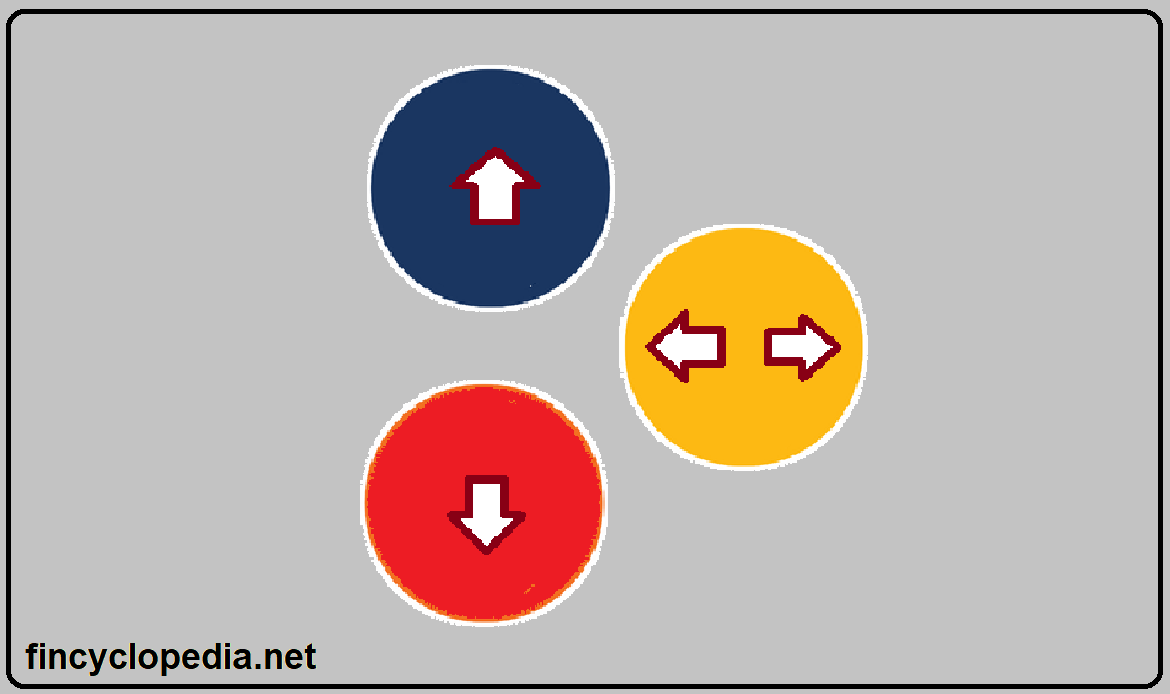A subsidiary is an entity that is controlled by another entity (known as the parent or parent company). The controlling entity/ parent can influence and direct the financial and operating policies of its subsidiary to the benefit and best interest of the parent. The controlled entity can be incorporated (full-fledged company) or unincorporated entity (a partnership).
Control is typically defined as involving more than half of the voting rights assigned to the board managing the controlled entity. However, control may be manifested by power such as an agreement with other investors (whereby more than half of the voting rights are controlled through this agreement), or when an entity controls the financial and operating policies of another entity under an agreement to that effect, etc.
On the other hand, an associate is an entity (investee) over which an investor can exercise significant influence (but not control, as is the case with a subsidiary). Generally, significant influence exists or is presumed to exist when an investor holds, directly or indirectly through subsidiaries, 20 per cent or more of the voting power of that entity (i.e., the investee). Voting rights arise from ordinary share holdings as well as other types of holdings (e.g., preferred share holdings). Other types also include loans, advances, debt securities, trade receivables, and options exercisable to ordinary shares.







